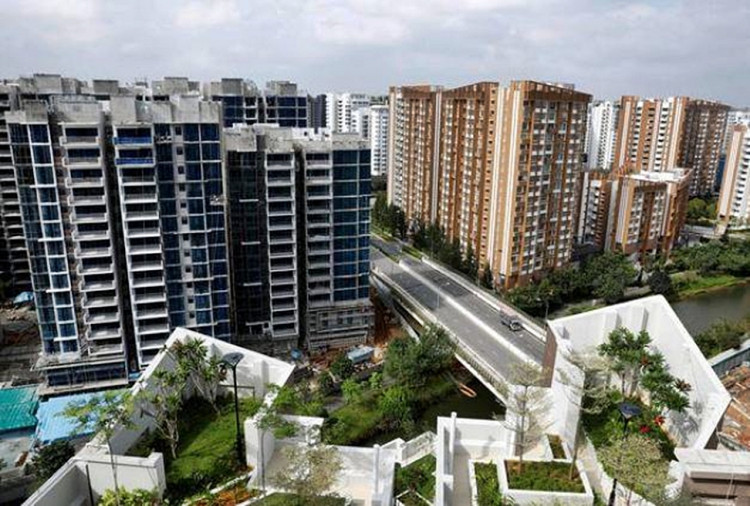Singapore's once vibrant real estate industry is requesting the government to reconsider its sudden -- some say ill-advised -- decision in July to hike taxes in a bid to cool down what it perceived as runaway home prices.
The Real Estate Developers' Association of Singapore (REDAS) predicts a market that's "expected to be sedate" following the government's imposition of higher Additional Buyer's Stamp Duty (ABSD) rates and higher Loan-to-Value (LTV) limits on residential property purchases.
REDAS said the government's cooling measures "indeed weakened market sentiments and demand" by raising the barriers to entry for "all categories of buyers," especially new home buyers. REDAS president Augustine Tan said the market is expected to be sedate after the new property curbs.
Tan pointed to other "dark clouds" on the property market's horizon, such as heightened trade tensions and steadily rising interest rates. He said current market conditions present many challenges.
The good news is that despite the cooling measures, demand for developments in good locations and close to MRT stations remains "resilient" and continues to attract interest from first-time home buyers and owners of collective sale developments.
He said the "special place" real estate has in the hearts of Singaporeans and investors means it's important for the government in its policy review to examine the accumulated impact of its various policies on the property market.
The government's decision has rocked the property market. Analysts today expect developer sales for 2018 to fall to 8,500 units from 9,500 units. This compares unfavorably to the 10,555 units sold in 2017 but is a definite improvement on the 7,972 units sold in 2016.
REDAS estimates that 45,943 private residential units might be available for sale between 2019 and 2020. It should take some five years to fully market these units.
The government claims it took these controversial steps to cool the property market and keep price increases in line with economic fundamentals. Critics of this move are taking the government to task for its timing, coming as it does at a time when the property industry is on the mend.
They note that private residential prices only began rising in the third quarter of 2017 after declining for close to four years. Demand for private residential property recovered strongly with transaction volumes continuing to rise.
Prices then trended upwards fueled by foreign buyers. It's risen by 9.1% since the third quarter of 2017. It was this sharp price spike the government says prompted its decision to increase ABSD and LTV fees. The government fears unchecked property prices will also raise the risk of a destabilizing correction in the future.






